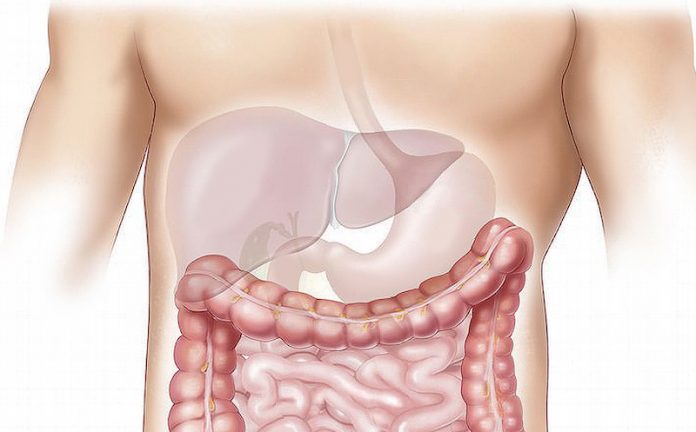
In a new study, researchers found that patients with COVID-19 presented with abnormal liver tests at much higher rates than suggested by earlier studies.
They also discovered that higher levels of liver enzymes—proteins released when the liver is damaged—were associated with poorer outcomes for these patients, including ICU admission, mechanical ventilation, and death.
The research was conducted by a team at the Yale Liver Center.
Previous studies in China found that approximately 15% of patients with COVID-19 had abnormal liver tests.
The Yale study, which looked retrospectively at 1,827 COVID-19 patients, found that the incidence of abnormal liver tests was much higher—between 41.6% and 83.4% of patients, depending on the specific test.
In all, the Yale researchers examined five liver tests, looking at factors such as elevations in aspartate aminotransferase (AST) and alanine transaminase (ALT), which indicate liver cell inflammation; an increase in bilirubin, which indicates liver dysfunction; and increased levels of alkaline phosphatase (ALP), which may indicate inflammation of bile ducts.
Although the researchers do not know why the incidence of abnormal liver tests was so much higher than in previous studies from China, they said other health differences between the Chinese and U.S. populations could account for it.
Liver disease is widespread in the U.S. population. In the U.S., close to one-third of people have fatty liver disease, and several million people have chronic hepatitis B or C.
Because the Yale researchers had access to patients’ health records, they were also able to look at their liver tests prior to being diagnosed with COVID-19.
Approximately one-quarter of patients in the study had abnormal liver tests prior to being admitted for the virus.
But regardless of whether patients came to the hospital with existing liver problems or developed them during their COVID-19-related hospitalization, a strong link was found between abnormal liver tests and the severity of the COVID-19 cases.
Rather than the liver itself driving poorer outcomes in COVID-19 patients, the organ is more likely “a bystander” affected by the hyper inflammation associated with COVID-19 and by the side effects of related treatments, the team says.
The study noted a link between drugs used to treat severe COVID-19 and liver damage, most significantly the drug tocilizumab.
The researchers have additional clinical and lab-based studies underway to further understand COVID-19’s impact on liver pathology.
One author of the study is Dr. Joseph Lim, professor of medicine and director of the Yale Viral Hepatitis Program.
The study is published in Hepatology.
Copyright © 2020 Knowridge Science Report. All rights reserved.



